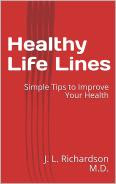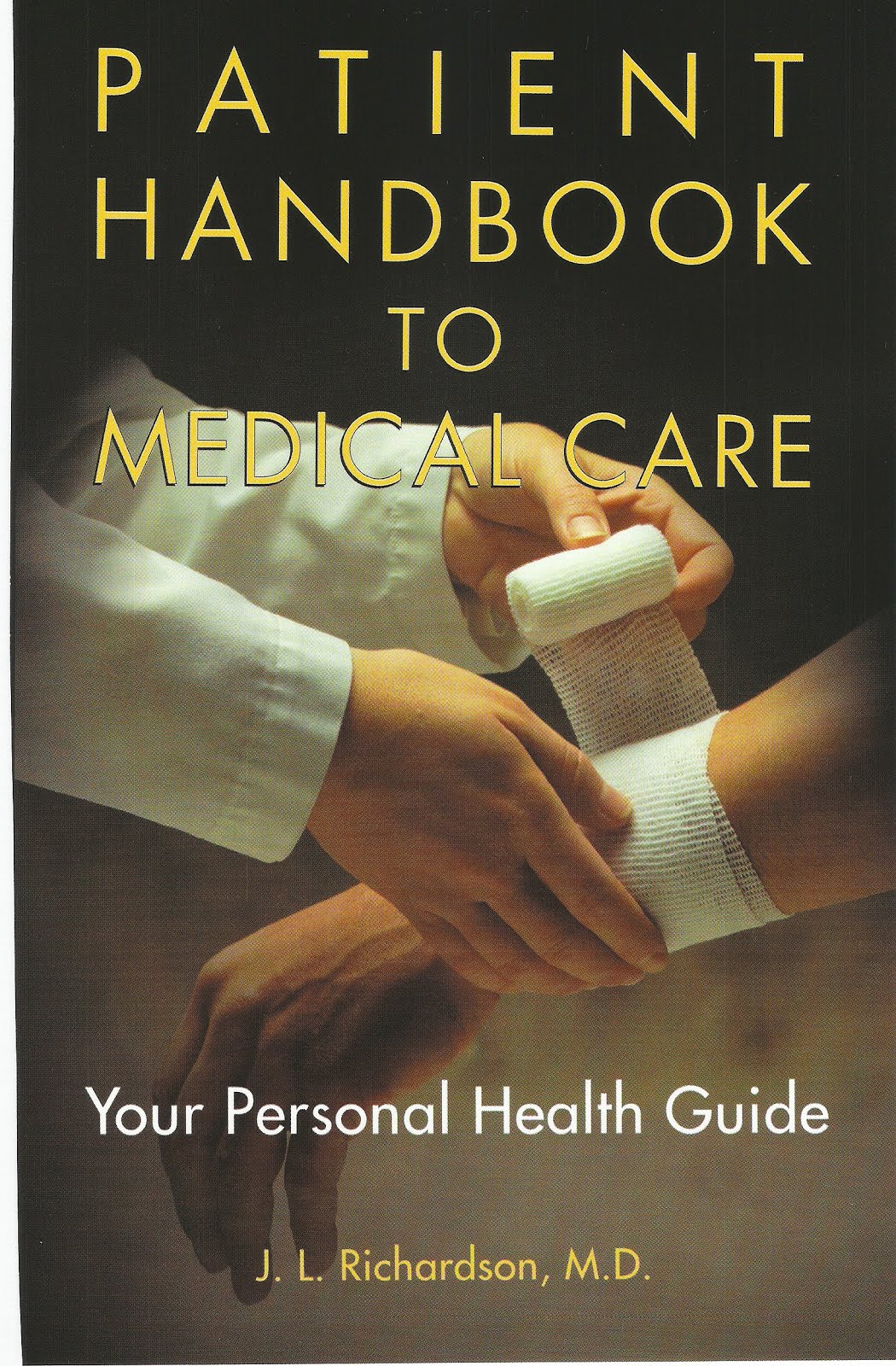In this ever changing world of
new technology conversations with your doctor face to face are becoming less
frequent. Prior to modern technological
advances, most talking to your doctor was done in person during the office or
home visit. Any talk after the visit was
by phone, fax, and/or postal mail. Today
this has expanded to e-mail, electronic health records (EHRs), and
telemedicine. Many patients feel that
face doctor time is too short and often overshadowed by intense study of the
chart and other distractions. Many doctors overlook the fact that what you
have to say will help them diagnose you.
Studies have shown that missed
diagnoses are more likely if the doctor has failed to listen to the
patient. Distractions like patient chart
review, interruptions during the office visit, leaving the room to take care of
something else, and more decreases the patient’s time. This unprofessional, unmannerable behavior
leaves the patient at a disadvantage.
After getting ready for the appointment and being transported and
possibly waiting over one hour to see the doctor, the patient gets an average
of less than five minutes of fifteen minute visit to talk. This is a major faux pas. Patients are able
to help lead the doctor to correct diagnoses and treatment over 90% of the time
if they listen to the patient. Less
listening invites more unnecessary tests, procedures, and incorrect diagnoses
than one can imagine as the doctor tries to rule out what is wrong.
Listening to patients’ history
and doing a comprehensive physical exam contributes more to getting the correct
diagnosis. Blood and diagnostic tests
add to this; however, if the patient doctor communication is unclear, these
could be the wrong tests. For the
patients’ best interest (and less misdiagnosis for patients, malpractice for doctors)
communication must be a priority. The
following suggestions for doctors will help:
- Avoid distractions when you are with a patient.
- Give more time for those that need it like hearing impaired, elderly, illiterate. If hearing impaired, write down conversation to each other.
- Listen intently to patients without interruption when they are talking. More important information and more information will be obtained that way.
- Take more time to answer questions. Use patient information handouts as applicable (include books, CDs, websites, etc.on pages)) for more reliable factual information
- Review patients’ medical record before you see them. The more you see them the better you will get to know them requiring less chart review before each visit.
Doctor
and patient communication is important in every patient’s health care. Miscommunication can lead to adverse
outcomes, inaccurate diagnosis, improper treatment, and poor overall health
care. Listening is a primary diagnostic
tool that should be used all the times. Best
health!


